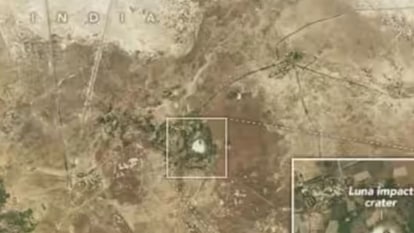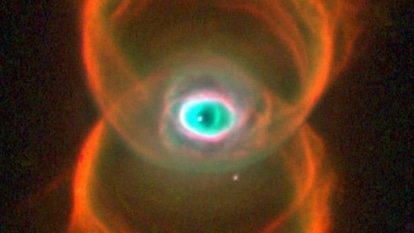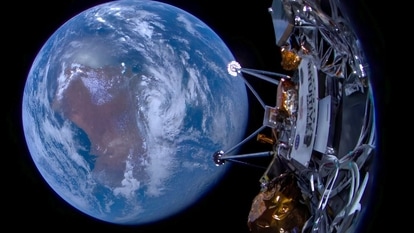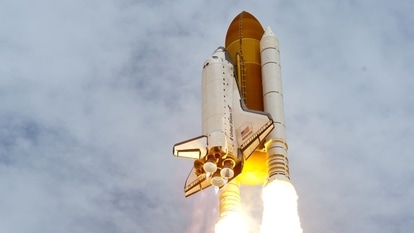NASA says 160-foot asteroid will pass Earth today; Check speed, distance, and more
NASA has revealed details of a close encounter with an asteroid that has been measured at 160 feet - nearly the size of an aircraft! Know its speed, distance of approach, and more, as per the space agency.

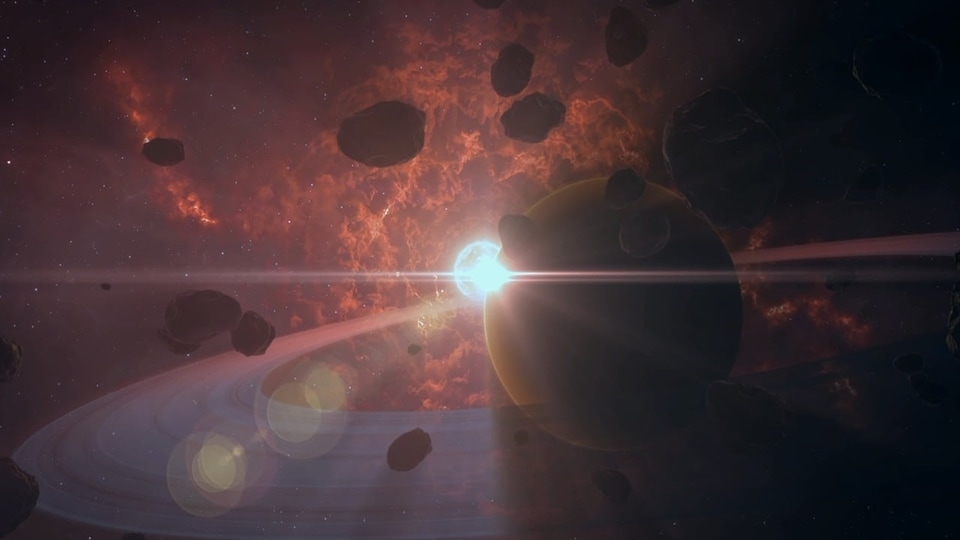
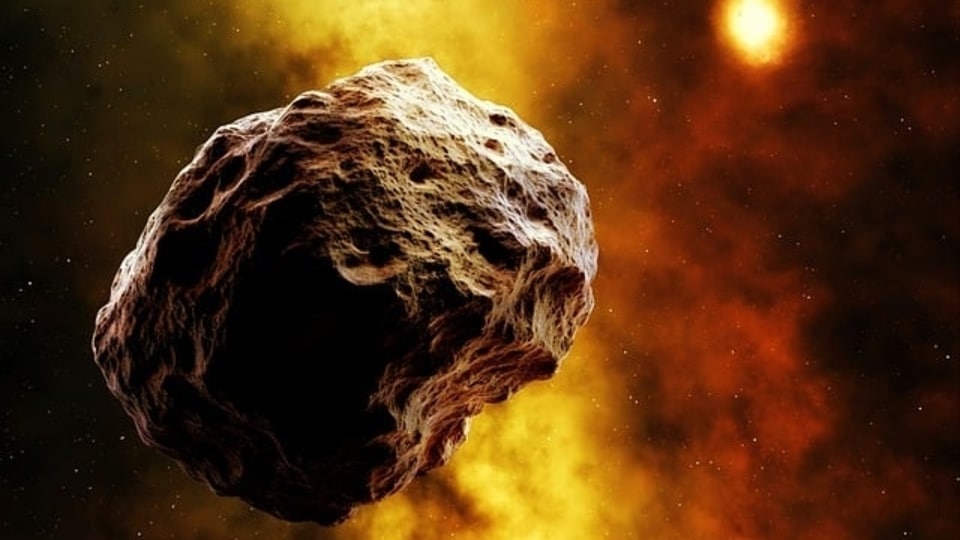
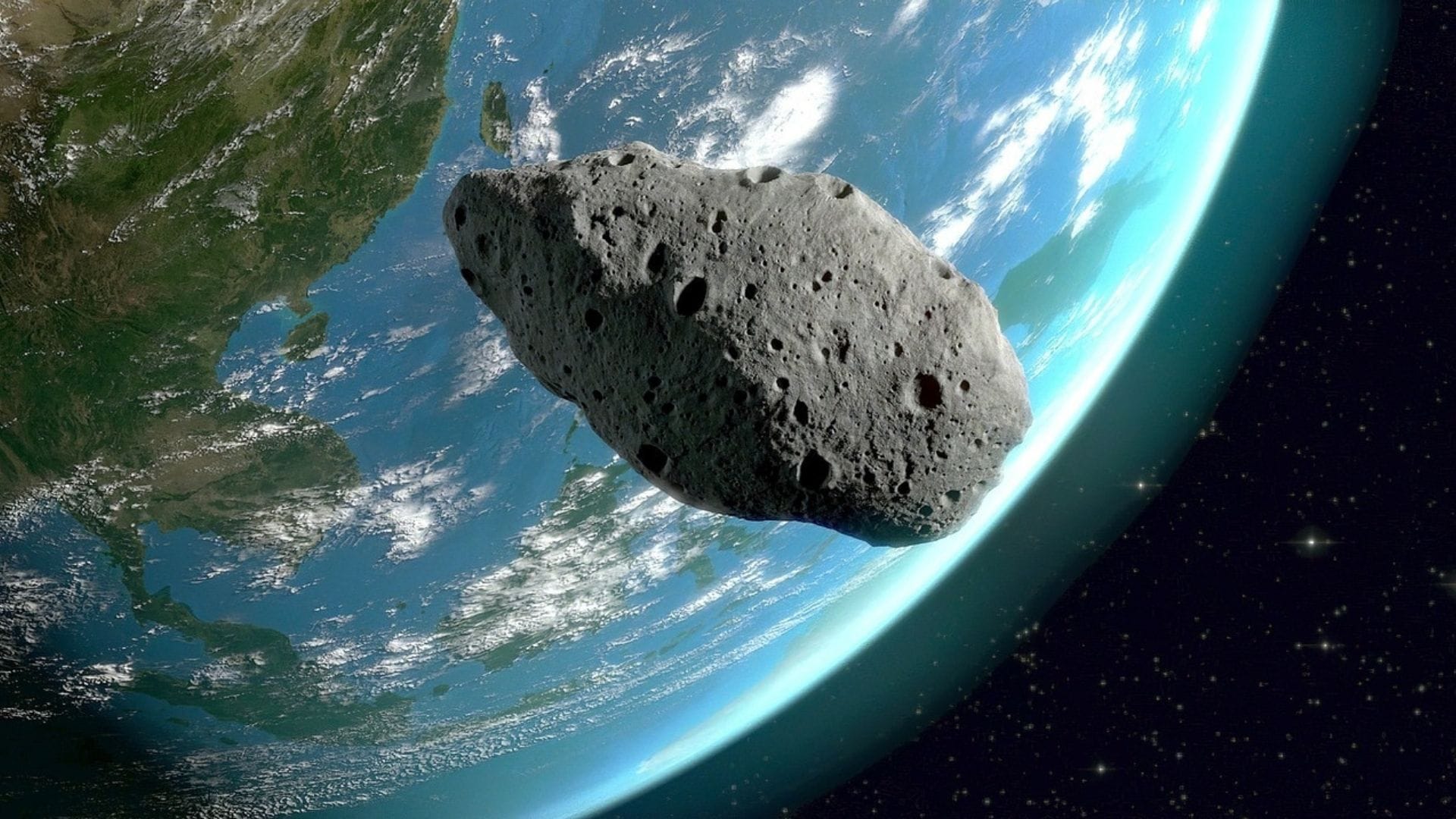
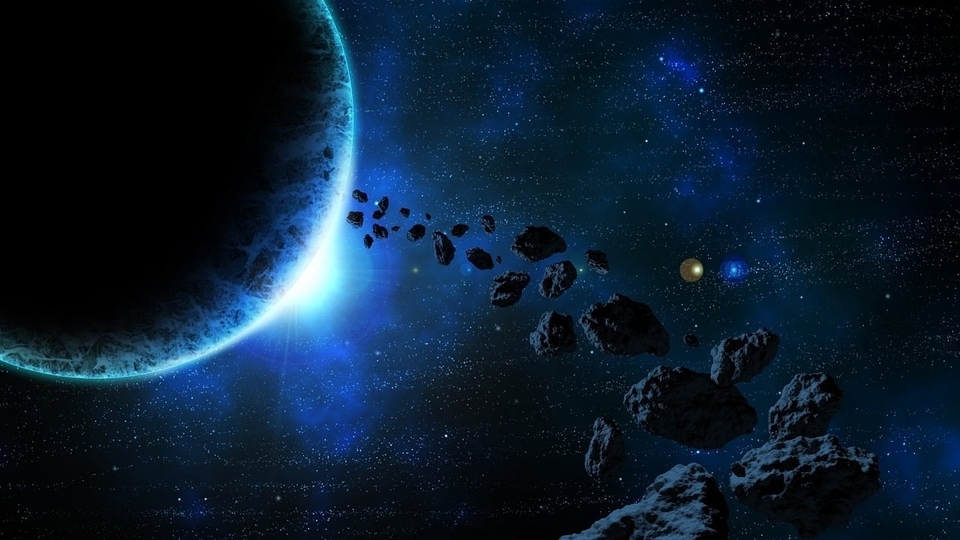
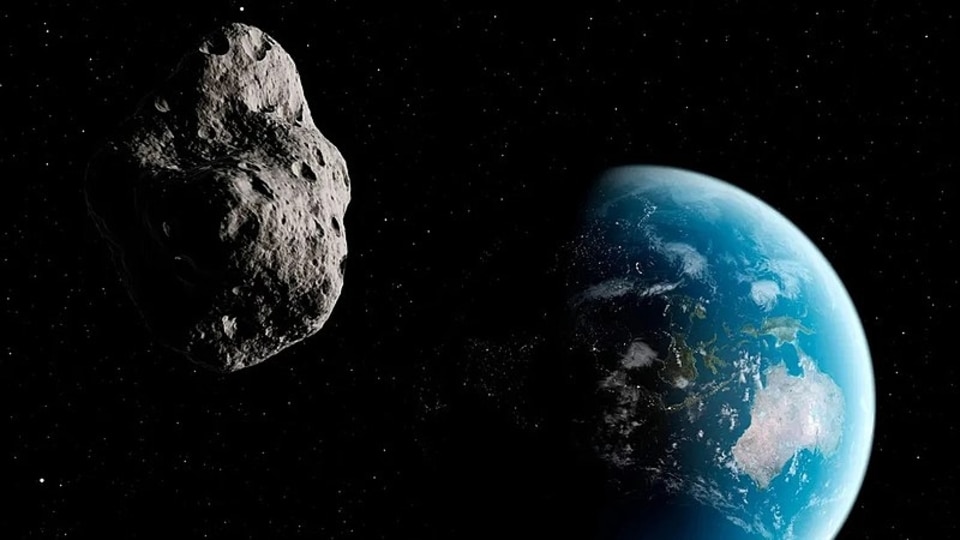
 View all Images
View all ImagesIn a new development, NASA's Defense Coordination Office (PDCO), responsible for monitoring the skies and watching various Near-Earth Objects (NEOs), has shed light on an asteroid that will pass Earth closely today, January 15. The asteroid was discovered and tracked using NASA's advanced instruments such as the NEOWISE telescope, Atacama Large Millimeter/submillimeter Array (ALMA), Pans-STARRS1, and Catalina Sky Survey. Know all about the asteroid's close approach to Earth such as its speed, size, distance of approach, and more.
Asteroid 2015 AK1: Speed, size, distance, and more
According to NASA's Center for Near-Earth Object Studies (CNEOS), the space rock has been designated Asteroid 2015 AK1. It is expected to pass Earth at a distance of approximately 6 million kilometers. It is travelling at 47608 kilometers per hour, which is much faster than an Intercontinental Ballistic Missile (ICBM)!
This space rock belongs to the Apollo group of Near-Earth Asteroids, which are Earth-crossing space rocks with semi-major axes larger than Earth's. These asteroids are named after the humongous 1862 Apollo asteroid, discovered by German astronomer Karl Reinmuth in the 1930s.
According to NASA, Asteroid 2015 AK1 has passed Earth before. It first came close to Earth on March 30, 1900, at a distance of about 23 million kilometers. After today, it is predicted to pass by the planet again on January 4, 2033, at approximately 29 million kilometers.
How big is it?
Asteroid 2015 AK1 is almost the size of an aircraft, with a width of nearly 160 feet. Despite this big size, it has not been classified as a Potentially Hazardous Object and is deemed non-threatening. However, it could change if the asteroid gets knocked off its course due to interaction with a planet's gravitational field.
Due to such close calls, NASA, ESA, and other space agencies have developed technology to track asteroids in their orbits, and even deflect them in case a potential impact scenario develops.
One more thing! We are now on WhatsApp Channels! Follow us there so you never miss any updates from the world of technology. To follow the HT Tech channel on WhatsApp, click here to join now!
Also read these top stories today:
Disturbing! An artist who shook up the cultural world with a haunting female portrait created by AI has decided she's had enough of the new technology for now. It's very addictive, she says. Know blow-by-blow account of it all here.
How will AI disrupt the world of work? Artificial intelligence raises serious concerns for jobs but it will also create new positions, says Adecco chief. "AI is probably the largest disruption and revolution that we've seen in decades," he says. Read all about it here.
AI models were "highly context-dependent"! AI-powered prediction models made accurate predictions within the trial they were developed in, but gave "random predictions" outside of it, says study. Dive in here.
Catch all the Latest Tech News, Mobile News, Laptop News, Gaming news, Wearables News , How To News, also keep up with us on Whatsapp channel,Twitter, Facebook, Google News, and Instagram. For our latest videos, subscribe to our YouTube channel.




